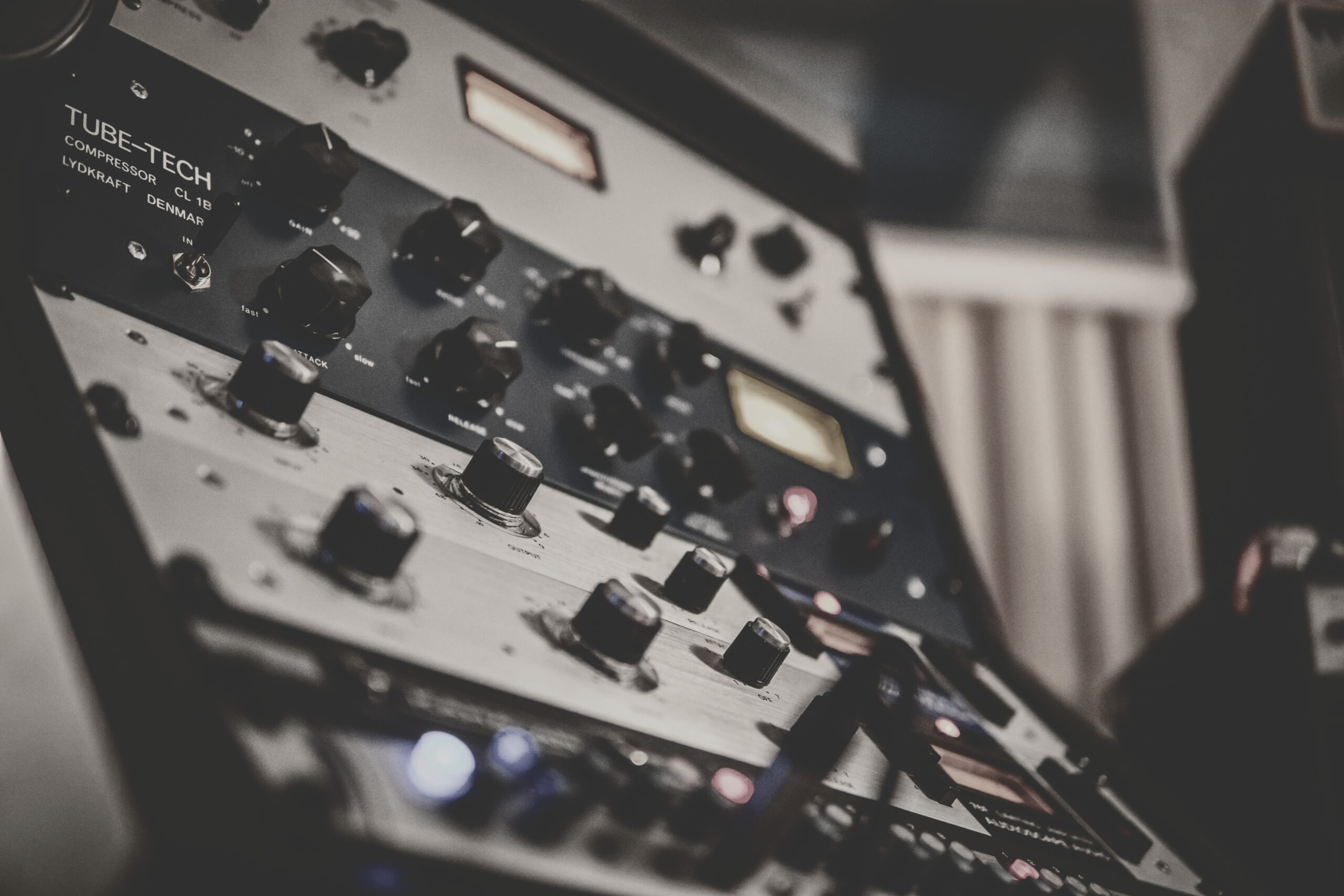Witchcraft! They shouted, as the little ones burned to the stake.
It might look like it but Mastering is actually quite simple to understand. There are mostly 3 things to take in mind:
- How will the record sound on physical media?
- How will it sound on digital media and platforms?
- How loud will it be?
Honestly the 3rd one might give PTSD to the engineers that fought during the Loudness war (it’s a real thing), but lately we all came into agreement that as long as it doesn’t impact the songs in a negative way, you can make it as loud as you can.
Digital platforms also made an effort in “Normalizing” Levels, imposing new standard for loudness measurement. We should thank the International Telecommunication Union and , for my part, The European Broadcast Union for these new algorithms to measure audio programme loudness.
In my point of view I tend to make sure nothing heavily distort, and I try to keep some amount of dynamic range. Mastering for vinyl is also important in my workflow, I will send you both CD DDP files and Vinyl Side files, along with the usual WAV for Streaming platforms.
Bare in mind Mastering does not mean your mix will change drastically. don’t expect the drums to “smash more” or the guitars to “be more gnarly”. My job is only performing the processes that will help “press” the final record unto the media.
With that being written, I also want to emphasize that a good Mastering engineer is someone who will work closely with the mixing engineer and serve as a second pair of ears, then process the songs in a way that they reflect the intent of the musicians.
I know lately it has become quite common for bands to send their mixes to a mastering engineer without any mixing engineer involved, and I won’t recommend that.
If you are still wiling to work with me for your mastering, feel free to reach out. you’ll find my contact info down below to the left.

